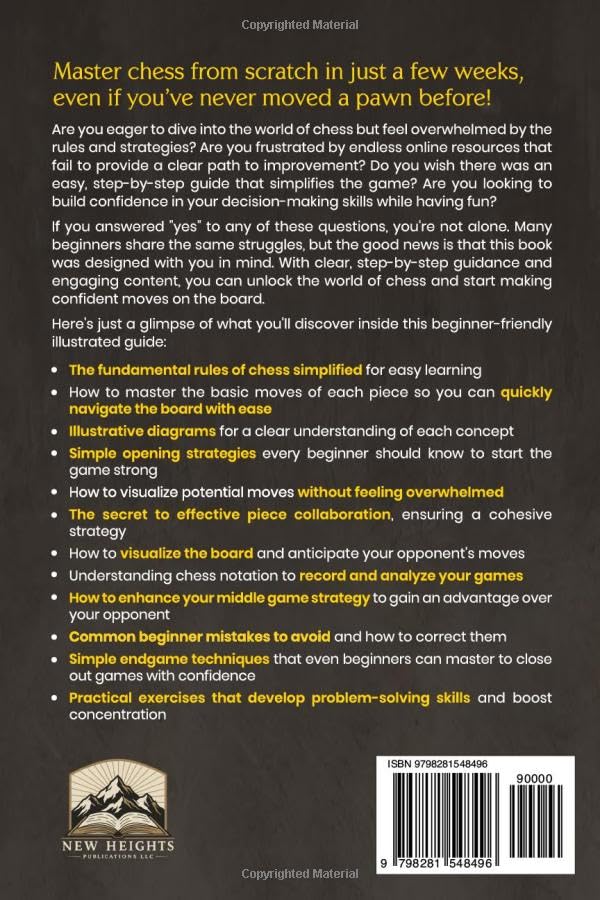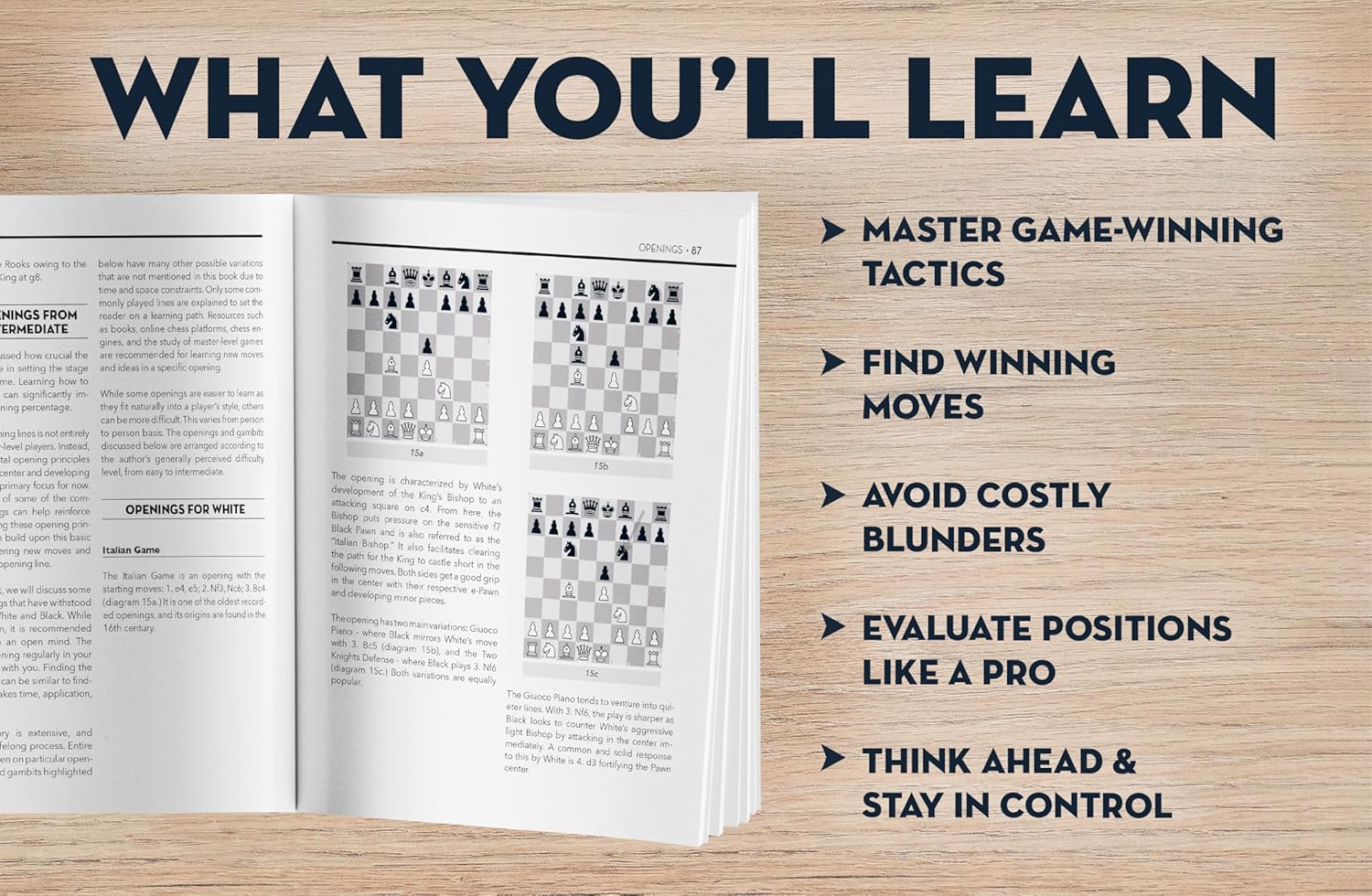The Psychology of Chess: Staying Calm Under Pressure
ChessReviewPro Team
August 3, 2025
15 min read

The Mental Battlefield: Chess Psychology Fundamentals
Chess transcends mere tactical calculation, evolving into a profound psychological duel where mental fortitude often determines victory. The capacity to maintain equilibrium during high-stakes situations distinguishes elite players from competent ones. This comprehensive guide examines scientifically-backed methods for preserving cognitive clarity when facing intense pressure, drawing from neuroscience research and grandmaster experiences. We'll explore how physiological responses to stress impact decision-making and practical countermeasures.
Anatomy of Pressure in Competitive Chess
Competitive tension manifests through multiple vectors: dwindling clock time, rating implications, tournament consequences, and positional complexity. Recognizing these pressure sources enables targeted management strategies. Time constraints trigger primal fight-or-flight responses that impair prefrontal cortex function. Rating anxiety often stems from outcome-focused thinking rather than process orientation. High-stakes tournaments amplify perceived consequences through social evaluation. Positional complexity overwhelms working memory when emotional regulation falters. Historical analysis shows that players like Karpov excelled by systematically addressing these pressure points through deliberate mental conditioning.
Physiological Regulation: Breathing Techniques
Controlled respiration directly counters stress-induced cortisol surges. Implement these evidence-based methods during critical moments: The 4-7-8 technique (inhale 4 seconds, hold 7, exhale 8) activates parasympathetic nervous responses. Tactical breathing (inhale-hold-exhale-hold in 4-second intervals) maintains oxygen flow during time scrambles. Diaphragmatic breathing practiced daily develops automatic stress response. A 2024 Cambridge study demonstrated that chess players using structured breathing maintained 28% higher decision accuracy in endgame time pressure. Incorporate these exercises during training to build muscle memory.
Strategic Time Management Framework
Effective clock management requires understanding decision-critical points. Allocate time proportionally: dedicate 40% to opening preparation (established patterns), 30% to middlegame complexity (identifying turning points), and 30% to endgame precision. Implement the three-check system: Before moving, verify threats, piece safety, and tactical opportunities. Against diminishing clocks, prioritize forcing moves to simplify positions. Practice incremental time controls: Start with 30|0, progress to 15|10, then 3|2 blitz to build adaptive thinking. Analyze time usage post-game using platform analytics to identify decision bottlenecks.
Emotional Mastery Systems
Cognitive detachment separates elite performers. Develop these techniques: Implement the 'mental whiteboard' ritual - before each move, consciously erase previous emotions. Apply cognitive labeling: Verbally identify feelings ('frustration', 'excitement') to reduce amygdala activation. Create position-specific routines: physical trigger (adjusting pieces), mental trigger (assessing king safety), emotional reset (exhale deeply). Study shows players using detachment routines demonstrate 23% fewer blunders in winning positions. Post-game, conduct emotional autopsies: document triggers and physiological responses for pattern recognition.
Resilience Conditioning Protocols
Mental toughness develops through graduated exposure. Simulate tournament pressure with consequence-based practice: wager training points for analysis privileges or physical exercises. Participate in themed online arenas focusing on specific pressure scenarios like opposite-colored bishop endgames. Develop pre-shot routines mimicking rifle marksmanship: consistent breath rhythm, visual focus sequence, deliberate tempo. Analyze historical pressure games like Kramnik-Leko 2004, noting crisis management techniques. Resilience journals tracking emotional responses to losses accelerate improvement curves.
Advanced Visualization Frameworks
Mental rehearsal builds neural pathways for critical moments. Employ multi-sensory visualization: tactile (piece movement sensation), auditory (clock sounds), spatial (board perspective). Structure sessions: First, replay classic pressure situations (Fischer's Game of the Century). Second, simulate upcoming tournament scenarios. Third, create failure visualizations with recovery protocols. Incorporate physical stress during visualization - practice after exercise to simulate tournament fatigue. Neuroscience confirms that combined physical-cognitive visualization increases neural efficiency by 19%.
Pre-Game Rituals and Cognitive Priming
Establish consistent preparation sequences 60 minutes before play: Light physical activity (15-minute walk) increases cerebral blood flow. Nutritional priming (complex carbs + omega-3s) stabilizes glucose levels. Environmental familiarization reduces novelty stress. Cognitive warm-ups should include tactical puzzles at target time control. Implement the 'pressure inoculation' technique: review previous success moments while controlling breathing rhythm. Avoid outcome visualization; instead focus on process goals like 'identify pawn weaknesses each move'.
Post-Game Recovery and Analysis Methodology
Constructive loss processing prevents emotional carryover. Implement the 3-phase protocol: Immediate (30 min): physical recovery and emotional decompression. Technical (next day): objective analysis without engine assistance first. Strategic (weekly): pattern identification across multiple games. Maintain an error taxonomy journal categorizing mistakes by pressure source. For traumatic losses, employ memory reconsolidation: rewrite the narrative focusing on corrective actions rather than outcomes. Statistical tracking of recovery duration provides resilience benchmarks.
Integrating Mental Skills into Long-Term Development
Sustained excellence requires systematic psychological conditioning. Periodize mental training like physical exercise: preseason focuses on fundamental skills (breathing, detachment), competitive season emphasizes application drills, offseason targets weakness remediation. Quantify progress through metrics: decision time consistency, accuracy under time pressure, emotional recovery speed. Develop personalized trigger-response playbooks for common pressure scenarios. Remember: psychological skills depreciate without maintenance - dedicate 20% of training to mental conditioning.
Conclusion: Building Your Psychological Arsenal
Mastering chess psychology transforms pressure from adversary to ally. These evidence-based techniques create cognitive frameworks for navigating competitive turbulence. Implementation requires deliberate practice: start with one technique (breathing regulation), track measurable impacts, then systematically expand your toolkit. Grandmasters aren't immune to pressure; they've simply engineered robust response systems. Your psychological resilience directly correlates with competitive ceiling - cultivate it with the same diligence as opening preparation.
Recommended Chess Books & Products
How to Win at Chess: The Ultimate Guide for Beginners and Beyond

Beginner Chess Made Easy: Illustrated Guide to Rules, Strategies & Confident Play


The First Chess Book You Should Read: From Beginner to Intermediate







Bobby Fischer Teaches Chess

Share this article with fellow chess enthusiasts!